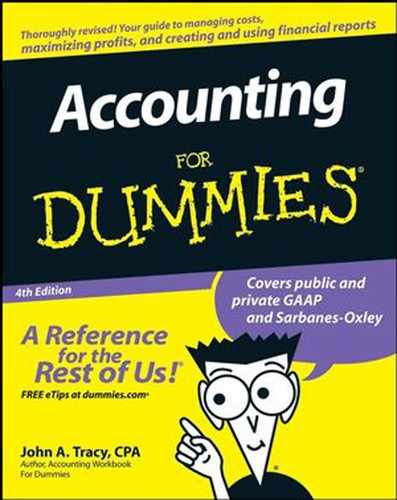15.4. Standing Firm When Companies Massage the Numbers, or Not
I majored in accounting in college and, upon graduation, went to work for one of the national CPA firms. I took great pride in my profession. I went on to get my Ph.D. in accounting, and I taught at the University of California in Berkeley and at the University of Colorado in Boulder for 40 years before retiring. I regularly taught the auditing course, which introduces students to the audits of financial statements by independent CPAs.
I always stressed that an auditor is duty-bound to exercise professional skepticism. The auditor should have a mindset that challenges the accounting methods and reporting practices of the client in order to make sure that its financial statements conform with accounting standards and are not misleading. A good auditor should be tough on the accounting methods of the client. An auditor should never be a weak, look-the-other-way, let's-go-along-with-management reviewer of a business's accounting methods and financial reporting practices. An auditor should be as mean as a junkyard guard dog — a true enforcer of accounting and financial reporting standards.
Ideally, a business should select the accounting methods that are best suited to how it operates and stick with those methods over time; its managers should never intervene in the accounting process. Well, it doesn't always work this way. I explain in Chapter 12 that business managers don't always remain on the sidelines regarding the accounting in their business. Sometimes managers, working in cahoots with the controller, intervene and manipulate the timing for recording sales revenue and expenses (and gains and losses in some situations). In these situations, management overrides normal accounting procedures.
|
What's an auditor to do? The auditor is under pressure to go along with management, even though he may strongly disagree with the accounting manipulations. He knows that better accounting should be used or that disclosure should be more adequate. Too often, instead of holding his ground, the CPA capitulates and does not force management to change. He allows the financial statements to be manipulated. This is a harsh comment, and I don't make it lightly. If you could get frank answers from practicing CPA auditors on this issue, you'd find that most agree with me.
Here's my take on the situation: CPA auditors go along with management massaging of the numbers (and "massaging" disclosure) if they think that the financial statements are not seriously misleading. The CPA's rationale is this: Yes, the financial statements could be more correct and could provide better disclosure, but all in all the financial statements are not seriously misleading.
NOTE
I must acknowledge that in many situations CPA auditors do stand their ground: They persuade the business not to manipulate its accounting numbers and to provide better disclosure. However, the CPA cannot brag about this in the audit report, saying "We talked management out of manipulating the accounting numbers." CPA auditors deserve a lot of credit for working behind the scenes to enforce accounting and financial reporting standards. At the same time, many auditors could — and should — be tougher.
